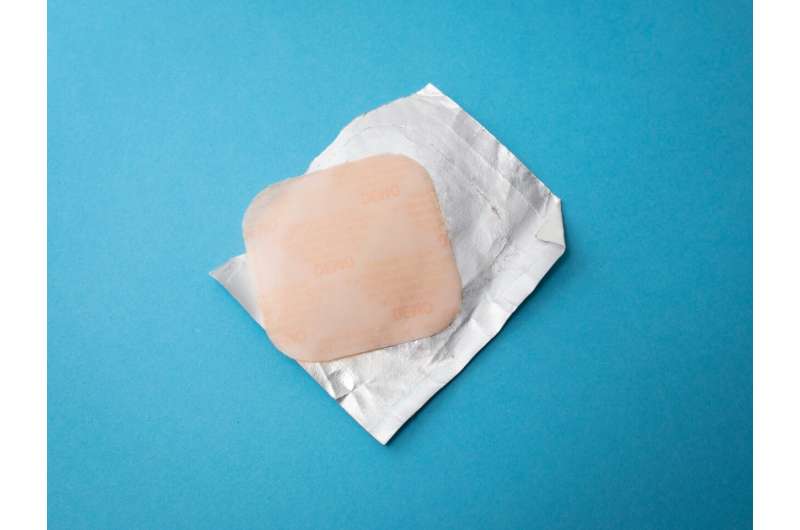Experts Warn: Extreme Heat Can Be Life-Threatening for Older Adults

Older adults face increased health risks during extreme heat waves. Learn effective strategies to prevent heat-related illnesses and keep seniors safe in hot conditions.
As global temperatures rise, the health risks associated with extreme heat become increasingly significant, especially for older adults. Heat-related illnesses, including dehydration, sunburn, and heat stroke, pose serious dangers, but seniors are at a heightened risk of severe health consequences if precautions are not taken.
Older adults often have diminished ability to regulate body temperature due to aging and chronic health conditions such as cardiovascular, pulmonary diseases, or diabetes. They also require more water to stay hydrated but tend to feel less thirsty, increasing their vulnerability to dehydration. Additionally, many seniors may not recognize early signs of heat exhaustion or heat stroke, such as dizziness, face redness, excessive sweating, muscle cramps, nausea, vomiting, fatigue, and confusion.
Certain personal circumstances further increase risk, including limited mobility, social isolation, mental health issues, poverty, and inability to leave home. This makes continuous monitoring and proactive measures essential to prevent heat-related health crises.
Experts emphasize simple yet effective strategies for protecting older adults during heatwaves. These include checking weather forecasts before outdoor activities, ensuring they have access to cool and shaded environments, encouraging regular small sips of water, applying sunscreen SPF 30 or higher, wearing sunglasses and hats, and dressing in light, breathable clothing. Managing indoor temperatures with air conditioning, avoiding direct sunlight on furniture, and having emergency plans involving family, friends, and neighbors are also critical.
Recognizing early symptoms and acting promptly can be life-saving. Immediate steps involve moving the person to a cooler place, applying cold, wet compresses, and calling emergency services if symptoms persist or worsen.
By adopting these preventive measures and staying vigilant, caregivers and loved ones can significantly reduce the risk of heat-related illnesses among older adults in the face of increasing global temperatures.
Source: https://medicalxpress.com/news/2025-09-qa-older-adults-expert-extreme.html
Stay Updated with Mia's Feed
Get the latest health & wellness insights delivered straight to your inbox.
Related Articles
Survey Finds Nearly One-Third of Americans Practice 'Sleep Divorce' to Improve Rest
A new survey reveals that nearly one-third of Americans are adopting 'sleep divorce'—sleeping separately from their partners—for better rest and healthier relationships.
Impact of Diet and Exercise on Reducing Alcohol-Related Liver Damage
A groundbreaking study reveals that a healthy diet and regular physical activity significantly lower the risk of alcohol-related liver mortality, even among heavy drinkers, highlighting the power of lifestyle choices in liver health management.
The Importance of Play in Early Childhood Development
Discover how engaging, open-ended play supports cognitive, emotional, social, and physical development in young children and how caregivers can enhance these learning experiences.
Do Wellness Patches Really Work? How to Differentiate Between Effective and Ineffective Products
Discover how wellness patches work, their effectiveness, and tips to identify credible products. Learn the science behind skin delivery and what to watch for when choosing wellness patches.



